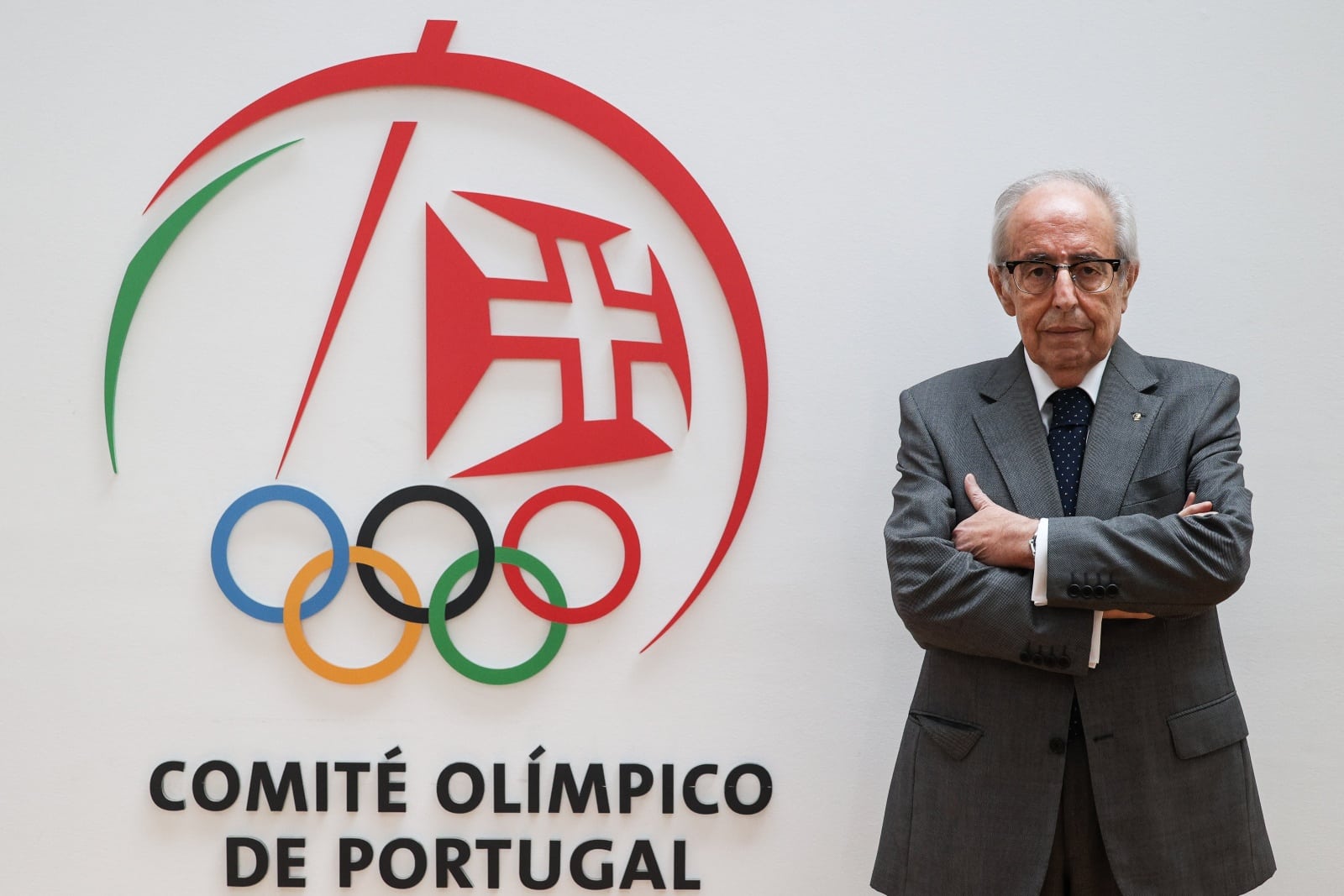The president of the Portuguese Olympic Committee fears that the controversy over the granting of citizenship to Pedro Pablo Pichardo will prejudice the processes of other athletes, denouncing “a change of attitude” in the naturalization services.
In an interview with the Lusa news agency, José Manuel Constantino revisited the controversy involving the current Olympic triple jump champion and Nélson Évora, who won gold at Beijing 2008, and commented on Pichardo’s most recent statements to the Record newspaper, in which he lamented the fact that athletics is not valued in Portugal and discussed his dispute with Benfica.
“At this point, my conviction is that Pedro Pichardo is going to leave Portugal. He’s not going to change nationality – that’s my belief, I could be wrong – but he is going to leave Portugal. He’s probably going to look for a club that pays him well because, in the meantime, his relationship with Benfica, due to his relationship with the Olympic project coordinator [Ana Oliveira], is the worst possible. They can’t see each other. And Benfica has never been able to overcome this situation,” he said.
Although he believes that the current Olympic triple jump champion “will continue to represent Portugal”, the COP president believes that the athlete will never lose “a certain hurt, a certain revolt, a certain attitude that ‘I am Portuguese but there are many who didn’t want me to be Portuguese'”.
In March, Évora, in an interview with Observador radio, said that Pichardo, a Portuguese of Cuban origin, had been “bought”, questioning the speed of his naturalization process (just a few months), in contrast to other cases, such as his own.
“This has led to another problem, which is extremely serious. As a result of this controversy, there has been a change in attitude on the part of the naturalization services […] with regard to the requirements for granting Portuguese citizenship, when applying the exceptional regime provided for in the law. I don’t know if it’s political or strictly sporting in nature, but I’ve read some of the opinions that have been issued regarding athletes awaiting naturalization and it’s perfectly laughable, completely ignorant,” he warned.
Constantino fears that the controversy over the issue of granting Pichardo citizenship – which, in his opinion, only happened because he was an athlete who won gold in a discipline in which the country already had an Olympic champion – “has had this political consequence”.
“If this happened to a 200-meter athlete or a decathlonist or a pole vaulter, the controversy wouldn’t be the same. The controversy is what we know because of the circumstances surrounding it, and also because of some club involvement that these issues always have, but what I think, and what I have an obligation to alert the country to, is the fact that I understand that the decision that is being adopted regarding the granting of Portuguese citizenship to people with extraordinary sporting CVs is not in our favor, it is harming us,” he denounced.
For the country’s top sports leader, political power now has “an enormous responsibility” and must explain to the country “why athletes with relevant sporting CVs are not given what others have been given”.
“And I’m not even talking about others who are known, because it was also awarded to others who we don’t even know the names of, but who I do know and who didn’t have sporting value on the scale of those cases we’ve just been talking about,” he added, referring specifically to Agate de Sousa, Roger Iribarne and Reynier Mena.
The first, a 23-year-old from São Tomé, has the fourth best world mark of the year in the long jump, while Cubans Iribarne and Mena have respectively achieved “the fifth best European mark” in the 110-meter hurdles this year and “the third best world mark” in the 200 meters in 2022.
“To consider that these curriculum notes are not sufficient to grant the provision that allows the five years [in the naturalization process] to be excluded ….. Or, to put it another way, waiting five years for these athletes to be able to represent Portugal is a decision that, from a good point of view, lacks justification,” he said.
According to the COP president, either the political power accepts this understanding of the administrative structures, in his opinion “ignorant in this matter”, since the Portuguese Institute of Sport and Youth (IPDJ) – the entity that can assess whether or not the athletes have sporting value – would have to give an opinion, or it “moves on this issue”.
“I have the perception – I don’t have any substantiated data – that there is a certain fear of touching on this issue, otherwise they will be accused of making naturalizations for opportunistic and strictly sporting reasons,” he said.

